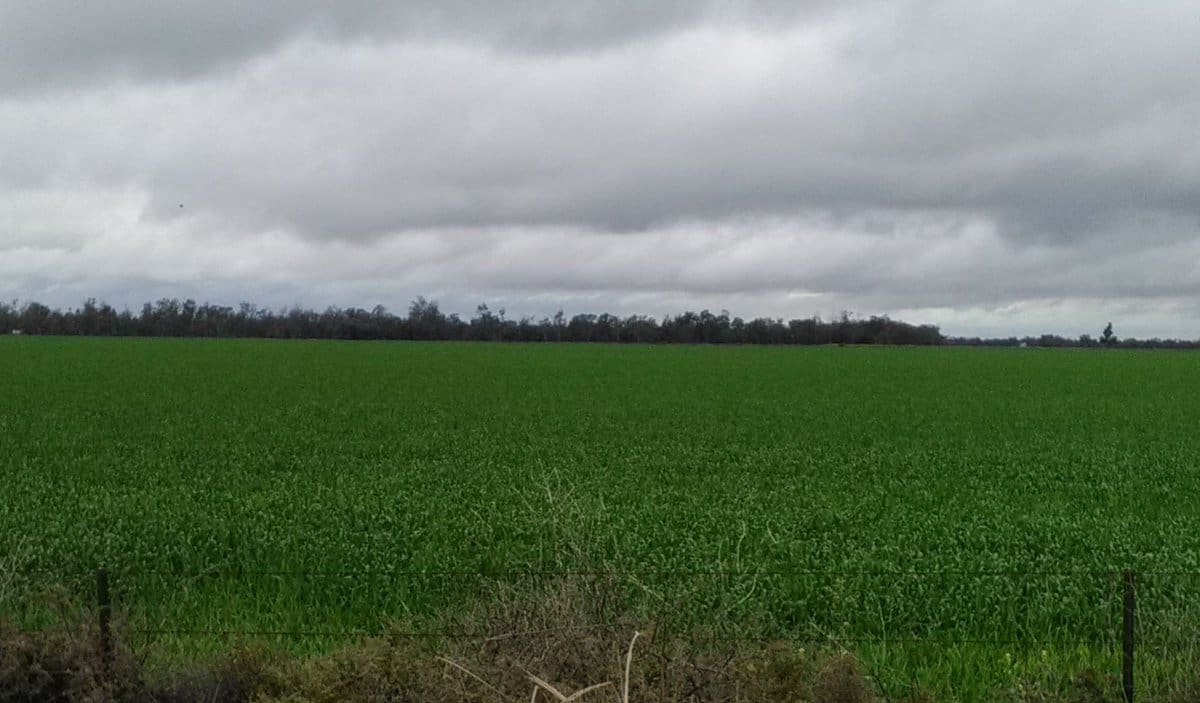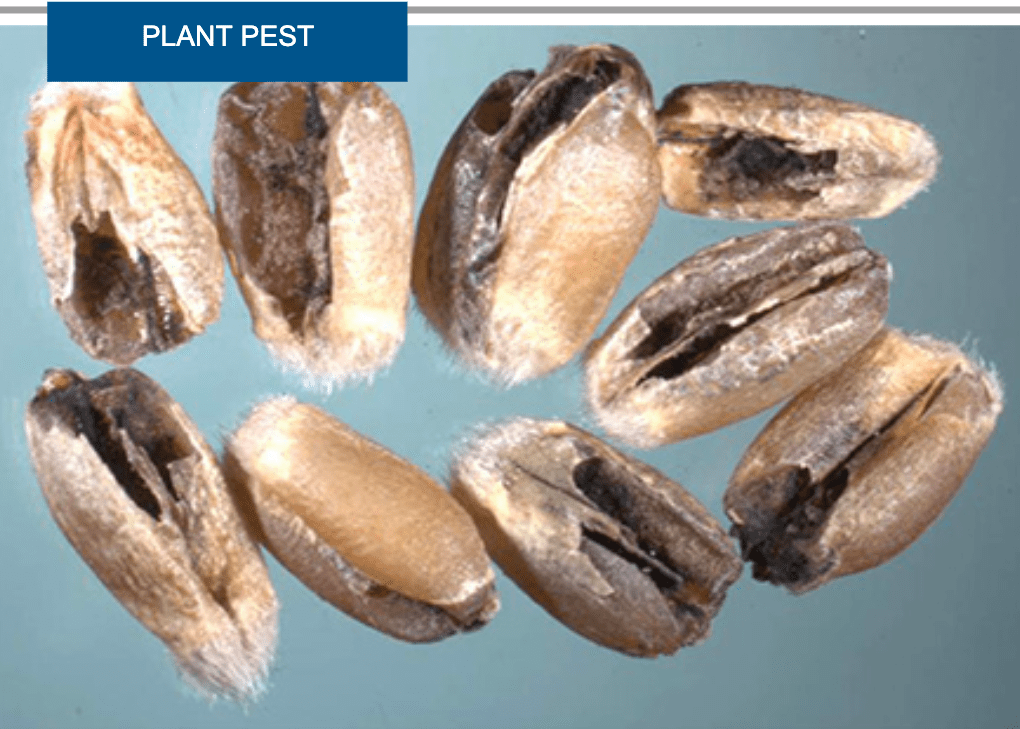
Keeping Australian farm land productive is a key objective of biosecurity protocols.
AT THE CLOSE of the third week of public discourse on grain imports, here’s a Friday afternoon update to the ‘Stop Wheat Imports’ petition, launched two weeks ago and now supported by over 6500 online signatures.
Transparency was front of mind for grain grower and petition instigator, Georgina Warne this week, when she said she had contacted both the office of the Agriculture Minister and the Secretary of Department of Agriculture and Water Resources (DAWR), the latter with a request for details of how the import permits were approved and details of the risk analysis.
“There’s no public knowledge on how the risk analysis was conducted,” Ms Warne said.
“In the meantime, in spite of not responding to grain growers the Department has stamped two further permits for import approval last Friday.
“How did these two additional permits get issued by the Department before the weekend but it didn’t get a chance to speak to the growers to answer many of the pressing questions on the first permit?”
Ms Warne said the petition had given growers a voice and now was the time to maintain pressure to reduce the risk of any biosecurity incursion on Australian grain.
“I firmly believe that the Australian grain growers deserve to see:
- an explanation from DAWR of the reasons for their decisions to issue these permits;
- the biosecurity risk assessment that was undertaken by DAWR when making the decision;
- the measures that will be put in place to protect the biosecurity risk created by the import.
“DAWR need to respond to my request as a matter of fairness and transparency,” Ms Warne said.
Biosecurity paramount
Should an outbreak of a serious exotic wheat crop pest such as Tilletia indica occur there would be major ramifications for those using, transporting and growing wheat in Australia. (see more information on the DAWR website here)

Fungus Tilletia indica infects grains at flowering and is favoured by cool, humid conditions. An incursion of this fungus could severely disrupt international trade and have a major economic impact on our agricultural industry, as a major exporter of wheat. Image: Department of Agriculture.
It would seem a reasonable question on which to expect an answer as an incursion would shut down domestic industry. Who would bear costs? Questions such as that were included in a letter dated 21 May to DAWR secretary Daryl Quinlivan from GrainGrowers chairman Brett Hosking calling for disclosure of import conditions and DAWR actions in the event of a biosecurity incursion.
Responding to the letter this week, Mr Quinlivan said the department undertakes a rigorous verification process of offshore activities (sourcing, transport and loading) and onshore activities (loading, unloading, transport, storage and processing) to ensure the buyer security risks are managed to an acceptable level.
It is apparent that months of work by department people have been done here and offshore since Australia’s supply situation became so critical last September. The process had been hastened by pre-existing assessment of Canadian grain in situ, giving department officers a head start scoping the supply chain in western Canada.
The department gave a 19-point response outlining risk assessment processes in the supply path from origin to post consumption.
It is the most detail made public yet on the subject.
Mr Hosking this morning said he felt industry was getting a clearer picture of the department’s thought process, and GrainGrowers’ recent communications with the Department have been published on the website of GrainGrowers. Link to DAWR letter here.
In response to growers concerns about potential biosecurity breach the department said it undertakes desk and site audits of the supply chain for any proposed import. Within Australia it has a range of powers under the Biosecurity Act 2015 which in part defines its compliance actions, which could include suspension, revocation or enforcement action.
Costs associated with plant pest incursion would be shared between parties to the Emergency Plant Pest Response Deed (EPPRD).
That deed covers the management and funding of responses to emergency pest incidents and formalises the role of plant industries’ participation in decision-making and costs. Details are at Plant Health Australia website.



HAVE YOUR SAY